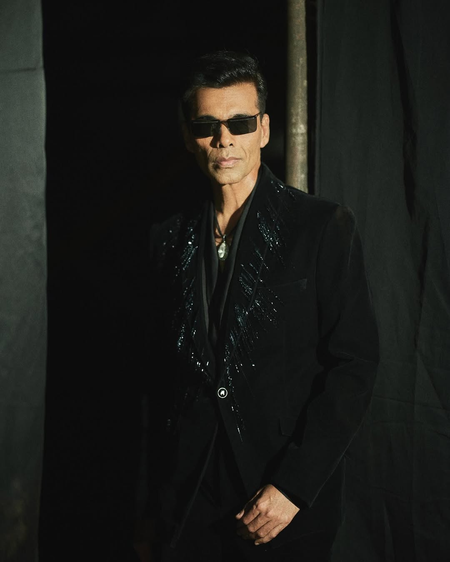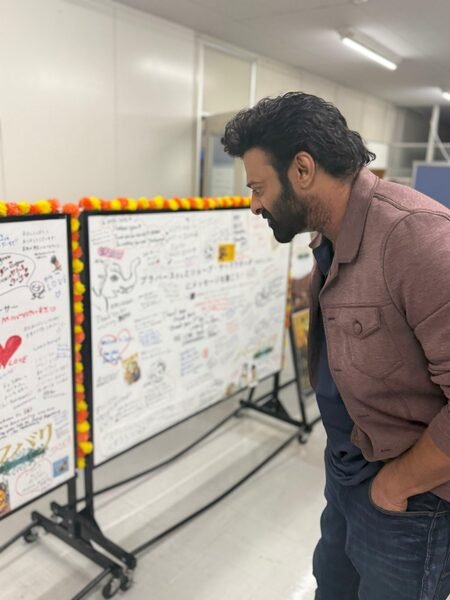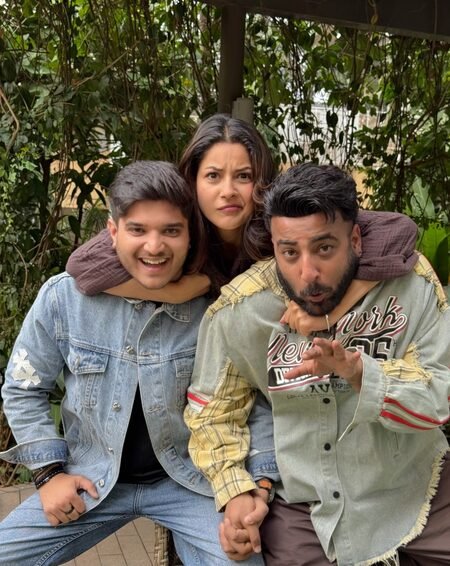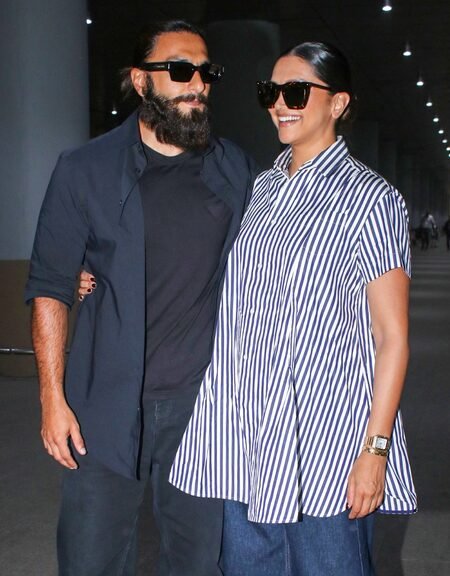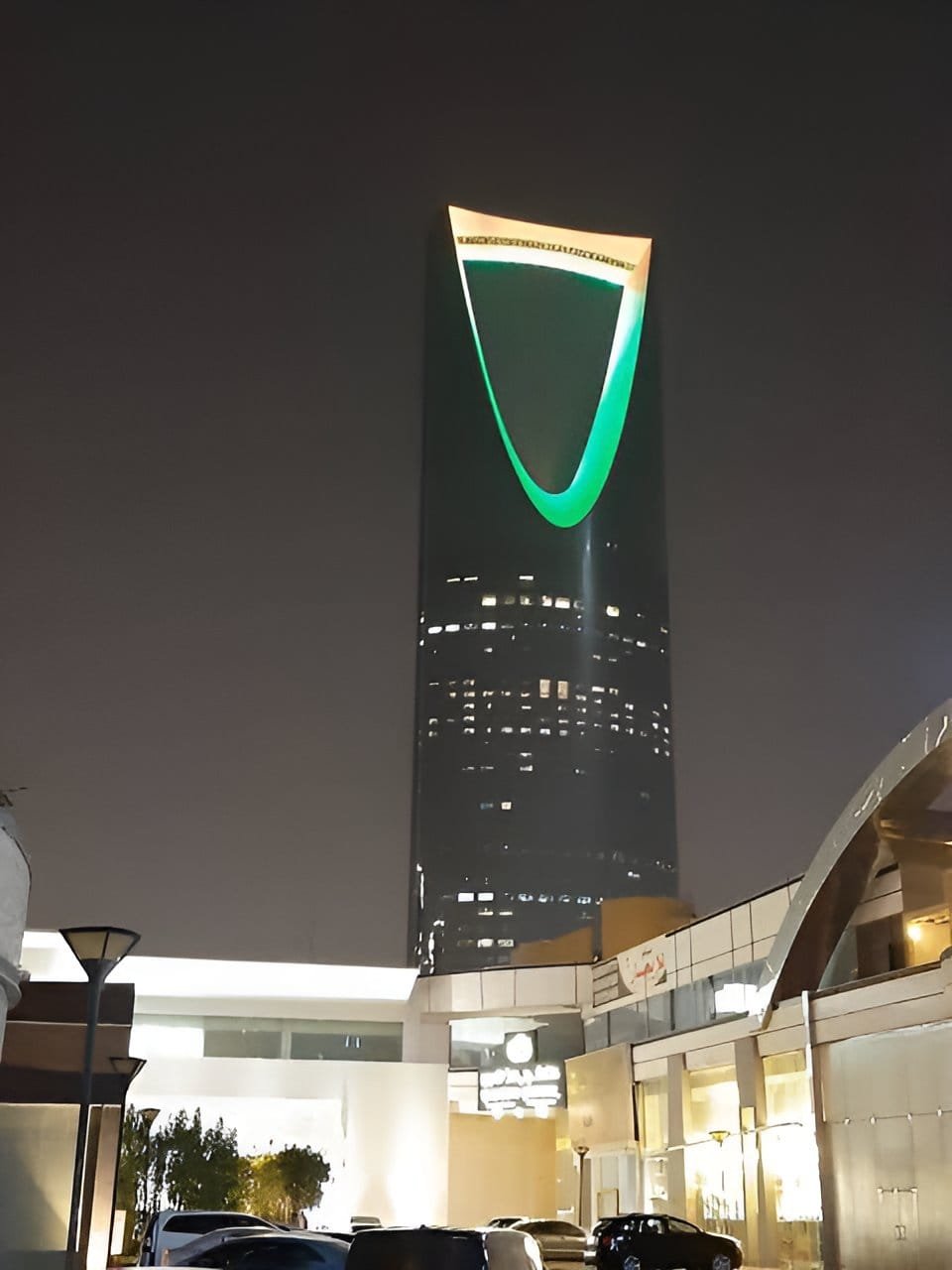
From political collaboration to economic cooperation, India and Saudi Arabia strengthen defense, culture, and trade
By Mohammed Omair Khan
Associate Editor, TheRahnuma.com
(RAHNUMA) RIYADH: India and Saudi Arabia, two influential nations with deep historical and cultural connections, have seen their bilateral relationship transform into a strong strategic partnership. The recent developments in their ties reflect a growing collaboration in various fields, from political and security cooperation to economic investments and cultural exchanges. Both countries are now poised to strengthen their partnership further, providing immense opportunities for future growth and cooperation.
Political Relations: A Strategic Partnership
In October 2019, the visit of Indian Prime Minister Shri Narendra Modi to Saudi Arabia marked a new era in bilateral relations. The decision to establish the Strategic Partnership Council (SPC) created a framework for furthering the relationship under two key pillars: Political-Security-Socio-Cultural (PSSC) and Economic and Investment. This council has facilitated regular high-level exchanges, with the first summit held in New Delhi in September 2023, co-chaired by PM Modi and Saudi Crown Prince Mohammad bin Salman.
Saudi Arabia’s support during India’s Operation Kaveri, which helped evacuate citizens from Sudan, further exemplified the growing bond between the nations. Additionally, India’s participation in the Gulf Cooperation Council (GCC) dialogues highlights the active political engagement between the countries.
Relations between The Rahnuma-E-Deccan Family and the Kingdom of Saudi Arabia trace back to the 1960s. We have been guests of three consecutive Saudi monarchs and had the honor of hosting the Imam of Masjid al-Haram & President of the Affairs of the Two Holy Mosques at our residence in Asif Nagar, Hyderabad. According to late H.E. Syed Vicaruddin, Former Editor In Chief, The Rahnuma-E-Deccan Daily, “The Rahnuma has been serving the people of Hyderabad and the citizens of India for nearly 100 years. It is our mandate to inspire the advancement of India and Indians in all walks of life, with particular attention given to India’s minorities who represent most of our loyal readership throughout the decades. Our stories and editorials have been instrumental in helping our government form its Indian foreign policies, especially with the Arab world and Muslim-majority countries since independence.”
He further added, “After my private meeting with His Majesty King Khalid bin Abdulaziz Al Saud, we played a direct role in opening employment opportunities for Indians in Saudi Arabia and subsequently across the Middle East, in cooperation with our Ministry of External Affairs during Sri Atal Bihari Vajpayee’s period. Today, India is the top remittance beneficiary from Saudi Arabia, with over $10.2 billion USD as of 2016. Thanks to the role we played, GCC countries are home to 72% of the global Indian diaspora, sending nearly $50 billion USD back to India every year.”
In recognition of this work, Syed Vicaruddin was granted several prestigious awards, including the Officer of the Royal Order of Alaouite by His Majesty King Mohammed VI of Morocco, the Arab League of States Award, and the Order of the Star of Jerusalem by Palestinian President Mahmoud Abbas.
In 2019, his successor Syed Ahmed Khan was invited by Saudi Arabia to attend the Future Investment Initiative, coinciding with Prime Minister Modi’s visit, being the only journalist from South India to attend. Khan also participated in the virtual G20 Summit under Saudi Presidency during the pandemic.
Economic Cooperation: A Strong Trade Partnership
Economic collaboration between India and Saudi Arabia has reached unprecedented levels, with Saudi Arabia now India’s fifth-largest trading partner. India imports crucial resources such as crude oil and fertilizers from Saudi Arabia, while it exports engineering goods, rice, and textiles. In FY 2023-24, India imported $31.42 billion worth of goods from Saudi Arabia and exported $11.56 billion.
Indian investments in Saudi Arabia have also grown, with nearly 3,000 Indian companies now established in the Kingdom, across sectors like telecommunications, financial services, and pharmaceuticals. Conversely, Saudi investments in India, particularly through the Saudi Public Investment Fund (PIF), have played a key role in sectors such as telecommunications and retail.
Defense Cooperation: A Growing Partnership
Defense ties between India and Saudi Arabia have seen a marked improvement in recent years. The two countries have conducted joint military exercises and regularly exchanged defense officials and cadets for training. The first-ever joint land force exercise, “EX-SADA TANSEEQ-I,” held in Rajasthan in 2024, and the signing of a $225 million defense export agreement between the two nations, signal a strong commitment to deepening defense cooperation.
Cultural Relations: Building Bridges
Cultural exchange has also flourished under Saudi Arabia’s Vision 2030. In 2018, India was the Guest of Honour at the Saudi National Heritage Festival. The signing of an MoU on Yoga cooperation in 2021 has paved the way for the practice of Yoga to be embraced in Saudi Arabia. Events such as the International Day of Yoga have seen enthusiastic participation, including from Saudi Yoga expert Ms. Nouf Marwai, who was honored with India’s Padma Shri award in 2018.
The Indian Community: A Vital Bridge
The Indian community in Saudi Arabia, numbering over 2.65 million, serves as a living bridge between the two nations. This diaspora’s contribution to Saudi Arabia’s economic growth is well recognized, and with steady migration, the number of Indians employed in the Kingdom continues to rise. In addition, the annual Hajj pilgrimage strengthens the cultural and religious ties between the two nations, with India’s Hajj quota standing at 175,025 pilgrims.
The Road Ahead: Opportunities for Further Cooperation
As India and Saudi Arabia continue to collaborate on multiple fronts, the future looks promising for both nations. The solid foundation of political, economic, and cultural ties offers opportunities for further boosting relations, including in newer areas like technology, defense, and tourism. Both countries are strategically positioned to mutually benefit from this robust and dynamic partnership, propelling them towards shared prosperity.
Saudi and India Committed to Two-State Solution
India and Saudi Arabia share a longstanding commitment to the establishment of a sovereign and independent Palestinian state, with East Jerusalem as its capital, in accordance with United Nations resolutions. Both nations have consistently supported the two-state solution as the most viable path to achieving lasting peace in the region. India’s support for Palestinian statehood dates back to its recognition of the Palestine Liberation Organization (PLO) in 1974 and its formal recognition of Palestine as a state in 1988. Similarly, Saudi Arabia, as a key player in the Arab world, has long championed the Palestinian cause, most notably through its Arab Peace Initiative of 2002, which called for normalizing relations with Israel in exchange for the establishment of a Palestinian state.
This common stance on Palestinian statehood positions both India and Saudi Arabia as significant contributors to regional peace and stability. By advocating for a peaceful resolution to the Israeli-Palestinian conflict, both countries can leverage their diplomatic ties with various regional and global actors to foster dialogue and cooperation. India’s growing economic and political influence and Saudi Arabia’s leadership in the Arab and Muslim world make them key players in ensuring that the aspirations of the Palestinian people are addressed as part of broader efforts to promote peace and security in the Middle East. Their shared vision underscores the importance of multilateralism and diplomacy in resolving one of the most complex and enduring conflicts in modern history.


